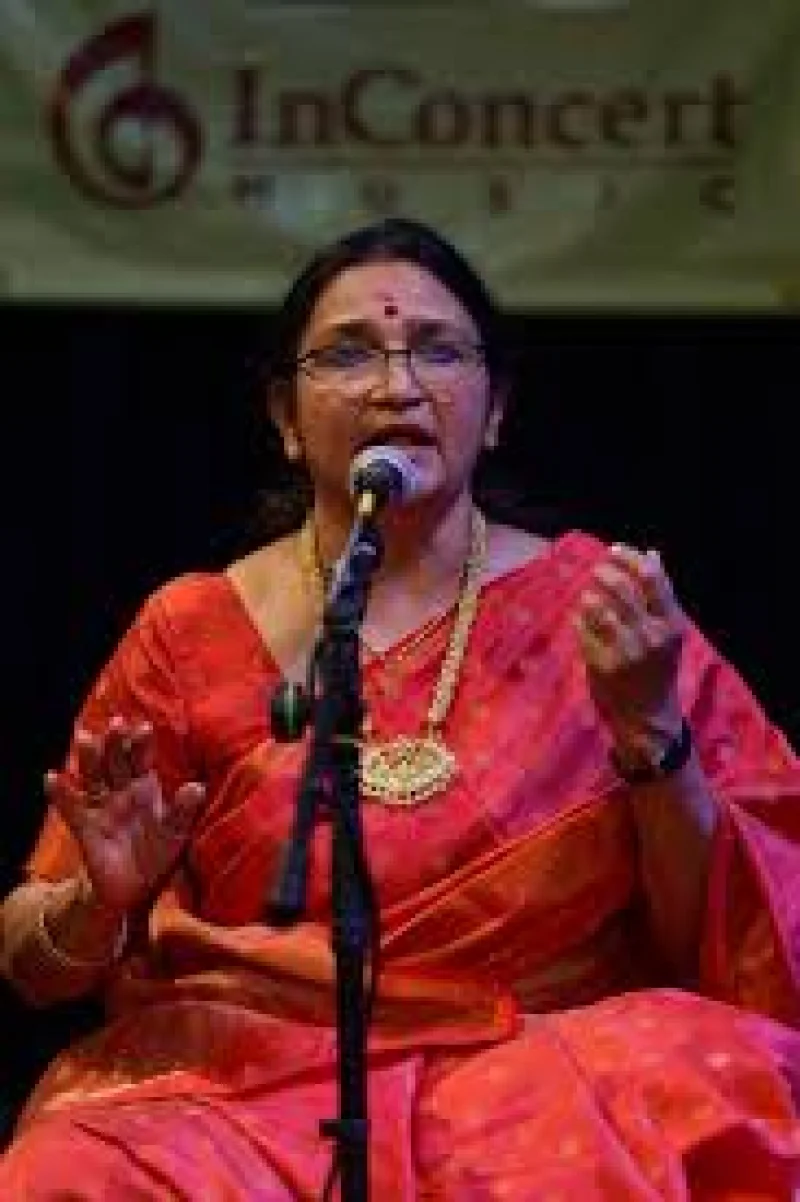Short Summary
George Takei is an American actor, author, and activist, renowned for his role as Hikaru Sulu in the iconic television series "Star Trek." Beyond acting, he has become a prominent voice in social justice, advocating for LGBTQ+ rights and raising awareness about the internment of Japanese Americans during World War II. His work has earned him a significant following, both for his cultural contributions and his efforts to promote equality and tolerance.
Early Life & Education
George Takei was born on April 20, 1937, in Los Angeles, California, to Japanese-American parents. His early childhood was marked by the internment of his family during World War II, an experience that deeply influenced his later activism. After the war, the family returned to Los Angeles, where he attended Mount Vernon Junior High School. Takei pursued higher education at the University of California, Berkeley before transferring to the University of California, Los Angeles (UCLA), where he earned a Bachelor of Arts in Theater in 1960 and a Master of Arts in Theater in 1964. His passion for acting was cultivated through these formative educational experiences.
Career Highlights
Takei's career took off with his role as Hikaru Sulu in the groundbreaking television series "Star Trek," which aired from 1966 to 1969. This role not only made him a household name but also a pioneer for Asian American representation in Hollywood. Following "Star Trek," he appeared in various television shows and films, including "The Green Berets" and "The Six Million Dollar Man." Beyond acting, Takei has been an influential voice in the LGBTQ+ community and a passionate advocate for human rights, utilizing his public platform to address issues such as marriage equality and immigrant rights. His diverse career spans acting, writing, and activism, highlighting his multifaceted contributions to society.
Major Achievements
- Portrayed Hikaru Sulu in "Star Trek," a significant step for Asian American representation in media.
- Authored several books, including his autobiography "To the Stars" and the graphic memoir "They Called Us Enemy."
- Received numerous awards for his activism, including the GLAAD Vito Russo Award for promoting LGBTQ+ equality.
- Named a member of the Japanese government's Order of the Rising Sun for his cultural contributions.
Famous Quotes
- "You don't have to be gay to be a supporter—you just have to be a human."
- "Our democracy is a people's democracy, and it can be as great as people can be, but it's also as fallible as people are."
Interesting Facts
- George Takei was named after King George VI of the United Kingdom.
- He has a popular social media presence, particularly on Facebook, where he shares humorous and thought-provoking content.
- Takei is an accomplished author, having published both fiction and non-fiction works.
- He ran for public office in Los Angeles in 1973, though he did not win the election.
Legacy / Influence
George Takei's legacy is multifaceted, encompassing his contributions to the arts and his tireless advocacy for social justice. He remains a symbol of progress in the representation of Asian Americans in media and a powerful voice in the fight for LGBTQ+ rights. Through his activism, he has inspired countless individuals to work towards a more inclusive and equitable society, ensuring his influence endures beyond his on-screen accomplishments.
FAQ
Q: Why is George Takei famous?
A: He is famous for his role as Hikaru Sulu in "Star Trek" and his activism for social justice, particularly LGBTQ+ rights.
Q: What were George Takei's early influences?
A: His early influences include his family's internment during World War II and his education in theater at UCLA.
Q: Has George Takei written any books?
A: Yes, he has authored several books, including "To the Stars" and "They Called Us Enemy."
Q: What awards has George Takei received?
A: He has received the GLAAD Vito Russo Award and was named a member of the Order of the Rising Sun, among others.












